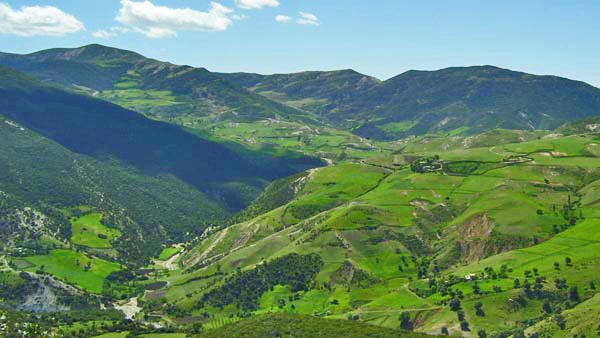Just after World War II and near the halfway mark of the 20th century, philosopher Gilbert Ryle published The Concept of Mind, a book widely credited with ending the philosophical division between physical and mental realms of reality. Continue reading “Gilbert Ryle, Reconnecting Mind and Body”
Tag: Augustine
To Fight Hate with Love
The great Catholic bishop and saint of the late Roman era, Augustine, thought intensely about the conditions under which war may be initiated justly, which he termed jus ad bellum, and the conditions under which war can be waged justly, or jus in bello. Continue reading “To Fight Hate with Love”
Welcome Back, Sin
The age of modernity is ending. For all its trademark confidence, even its name suggesting an endless run, the modern age falters now. Soon it will stagger into the grey mist of history.
What comes next for us? Modernity overreached, and we inherit not confidence, but suspicion. Postmodern is a worthless label, signifying only hiatus and transition.
Can we hope to see a renaissance of human will? If we can somehow join in common purpose, then yes. But what would that involve? Continue reading “Welcome Back, Sin”
Does Free Will Exist? Summary Q & A
A question-and-answer format may summarize free will most simply. We’ll start with some general questions first and then recall very briefly what has been contributed by specific thinkers over time.
What is free will? Continue reading “Does Free Will Exist? Summary Q & A”
Evil Is Choosing the Lesser Good – Augustine
Augustine, Roman philosopher and Catholic saint, wrote the first extensive analysis of free will. His greatest lesson for us may come from his interpretation of good and evil, the outcomes of willful choosing. Augustine made an early critical judgment that evil is not the counterpart or opposite of goodness. Evil is instead the diminishment of goodness, understood as foolishly giving priority to lesser goods over greater goods.
Born in the latter years of the Roman Empire, Augustine grew up in a small town in a farming area some 200 miles south of the Mediterranean coast of what is now Algeria in North Africa.

His mother Monica was a deeply religious Christian; her name indicates descent from the Berbers, a nomadic tribe. Monica remained close to her son into his adult years and exerted a profound influence upon him.
Augustine’s father Patricius may have had Latin and Phoenician forbears and apparently had a Roman kind of civic faith, which directed attention mostly toward community, order, and public good rather than toward the gods. Patricius took pride in his intellectually promising son and made extra efforts to provide him with the best education a townsman could afford. Continue reading “Evil Is Choosing the Lesser Good – Augustine”
Breakdown of the Bicameral Mind
How do we bring the problem of self-reference into our search for GSOT? Human perception has challenge enough finding order and regularity in the wild universe. So it almost seems too much to bend vision inward, trying to heed the inscription at Delphi to “Know thyself.” But we can start by looking back to that ancient time when “Know thyself” first appeared in human history.
Julian Jaynes caused quite a stir with his mid-1970s pronouncement that humans became conscious sometime early in the first millennium BCE.[1] Continue reading “Breakdown of the Bicameral Mind”






